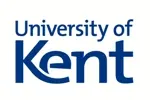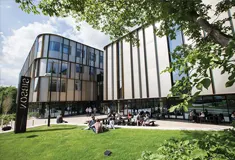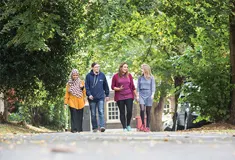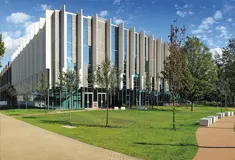About Conservation Sciences, MSc, PhD - at University of Kent
During postgraduate research (PGR) studies students research and write a thesis of under the supervision of an academic team. The length of the thesis varies according to the mode of registrations (i.e. no more than 100,000 words for a PhD, or no more than 40,000 words for an MSc by research). Students participate in the vibrant postgraduate community of the School, and have opportunities to attend a number of seminar series organised by the Research Themes and the Research Centres of the School.
Due to the diversity and international nature of many field-orientated research projects, the amount of time that individual research students spend at the School campus varies. However, students are expected to spend the first months of the PGR study at the School campus to obtain training in research methods and attend a number of research seminars.
MSc start September only
PhD starts January, April, September
Supervision
Each student is supervised by a supervisory team that consists of at least two members of academic staff one of them designated to act as the student’s Main supervisor. Occasionally, particular projects require more than two supervisors depending on the expertise that each supervisors brings in the project. It is also possible that co-supervision is provided by a member of staff from different School.
Students meet (or, while in the field, make contact) with their supervisor(s) several times over the course of each term. These meetings involve intensive discussion of the way the project is developing, the readings and training that have been done and that need to be done, and the way field research and writing-up is progressing.
If the research project requires that the student has to spend a significant amount of time in the field (away from the School), local supervision is usually organised.
Overseas students who wish to spend most of their time in their home country while undertaking PhD research may register as an external student or for a split PhD.
Learn more about Conservation Sciences, MSc, PhD - at University of Kent
Visit course webpage 



























